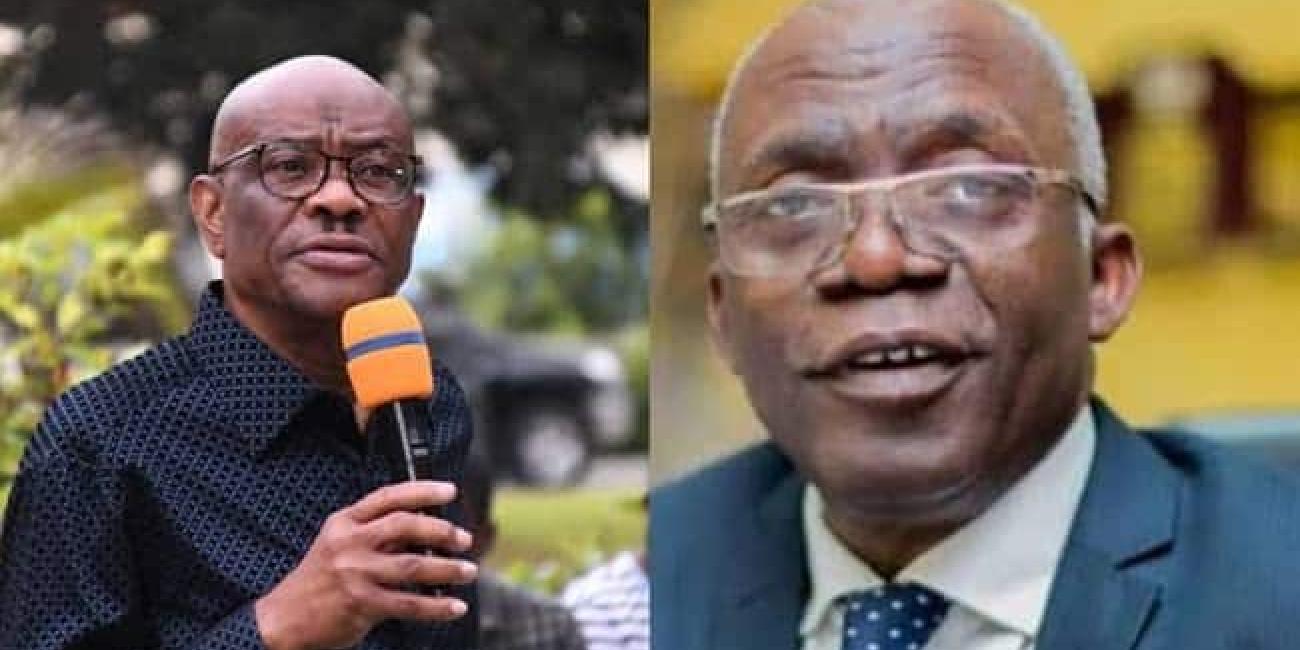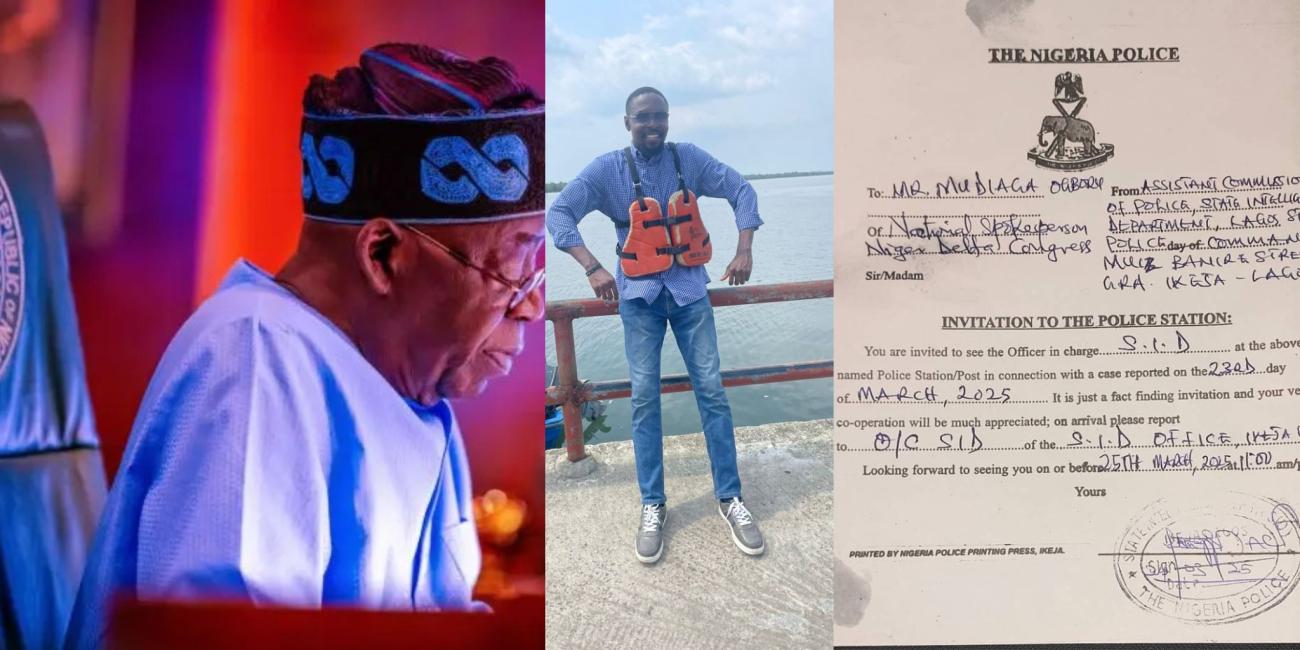Prominent human rights lawyer and Senior Advocate of Nigeria (SAN), Femi Falana, has strongly denied allegations made by the Minister of the Federal Capital Territory, Nyesom Wike, accusing him of misrepresenting the Supreme Court’s decision regarding the defection of 27 lawmakers in Rivers State.
In a detailed statement titled “I Did Not Lie Against the Supreme Court of Nigeria”, released on Sunday, Falana described Wike’s claims as “spurious and tendentious”, accusing the minister of attempting to incite the judiciary against him.
The Controversy:
Wike had, during a press conference, lambasted Falana for allegedly misinforming the public about the apex court’s ruling. According to Wike:
“If someone of Femi Falana’s caliber can go on national television and lie, it’s very serious. Lies can cause a lot of crises.”
But Falana pushed back, asserting that his statement was rooted in judicial fact.
“All I said was that the matter of the defection of the 27 legislators was raised suo motu and determined by the eminent Justices,” Falana clarified.
He noted that video evidence and sworn affidavits by the defecting lawmakers proved their movement from the PDP to the APC, even as the matter remained pending at the Federal High Court in Port Harcourt.
Falana Defends Freedom of Expression:
Quoting Section 39 of the 1999 Constitution and Article 9 of the African Charter, Falana reaffirmed his constitutional right to comment on court rulings.
He criticized Wike’s posture, noting that the minister once praised the Supreme Court for the same decision he now seeks to shield from public scrutiny.
“Only a corrupt lawyer wins all cases in all courts,” Falana said, further jabbing Wike’s legal credentials by stating that he’s “the only life bencher in Nigeria who has never handled a case in any trial or appellate court.”
On the Supreme Court Ruling:
Falana raised concerns over the potential precedent set by the ruling, which he says could embolden “political prostitution”—a term used to describe unchecked party defection.
He questioned the logic behind requiring party registers as the only admissible evidence for defection, warning that the decision may weaken democratic accountability.
“My fear is that this decision will be waived by unpatriotic politicians to justify political prostitution in Nigeria,” Falana warned.
He urged the court to return to established precedents such as:
- Attorney-General of the Federation v. Atiku Abubakar (2007)
- Dapialong v. Dariye (2007)
- Abegunde v. Ondo State House of Assembly (2015)
These, he noted, emphasized that lawmakers who defect without a justifiable division in their party should automatically lose their seats.
A Final Challenge to Wike:
Falana concluded his statement by daring Wike to file a formal petition with the Legal Practitioners Disciplinary Committee if he believes a professional breach has occurred.
“It is high time that Mr. Wike was prevented from further parading himself as the unsolicited defender of the Nigerian judiciary.”
This exchange has further intensified the political and legal drama surrounding the ongoing crisis in Rivers State, placing the judiciary, legislature, and legal community under a new spotlight.





